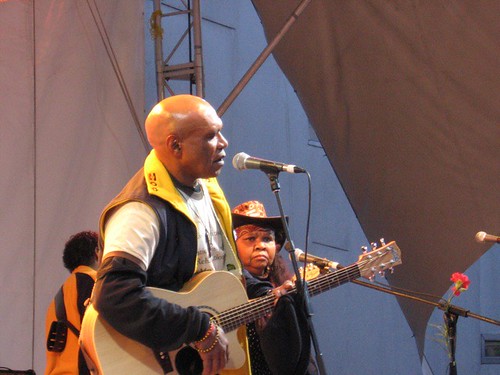On how to dump a king
Strangely, the South-Asian continent comes into my view today, as the news breaks that Nepal has abolished its monarchy. After a long period of internecine fighting between the Maoist rebels and government forces, the now Maoist dominated elected assembly has democratically abolished the 240-year-old Hindu monarchy in favour of a secular parliamentary democracy. They have asked the latest, unpopular manifestation of the Hindu dynasty, King Gyanendra, to pack his bags and leave his palace within a week.
 They plan to turn the palace into a museum.
They plan to turn the palace into a museum.And ten years ago today, Pakistan tested a nuclear device – in effect, a bomb – in an underground explosion. It's hard to believe that the two South-Asian continent nuclear powers, India and Pakistan, have nearly come to war at various times, particularly over Kashmir, and are now in a somewhat less than troubled détente.
Perhaps its is because Pakistan has been too busy chewing through its democratic opposition to try picking fights with its neighbour.
It is worth remembering that the previous Australian government wanted to sell uranium to India, despite the fact they have a nuclear weapons program and have not signed the nuclear non-proliferation treaty. I wonder if the Rudd government is game to try that as well.
[Image: photo of the Royal palace in Kathmandu is by germeister (cc) ]
Labels: democracy, history, politics
Read more!





















